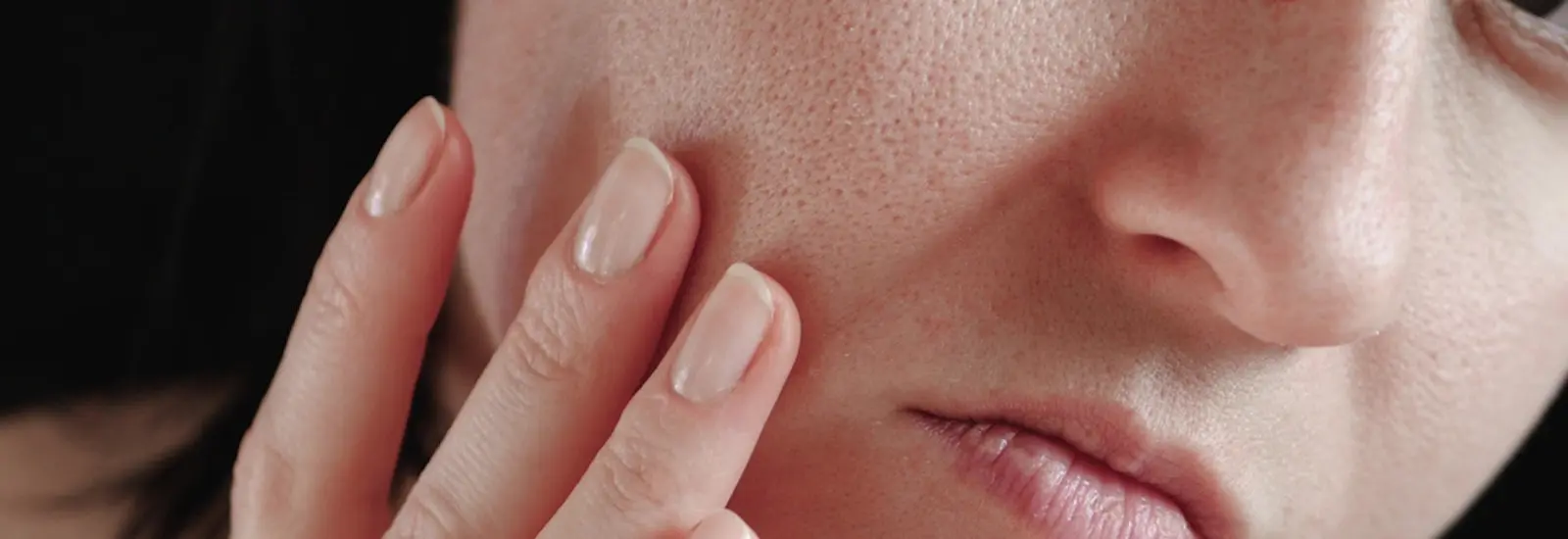What are Egg Whites?
If you've cracked open a raw egg for breakfast or mixed it into some batter for a treat, you've seen the clear liquid surrounding the yolk. This liquid is called the albumen, also known as the egg white.
Whether it's a fertilized or unfertilized egg, the main purpose of the egg white is to protect the yolk against bacteria and other harmful microorganisms. When an egg is fertilized, the egg whites provide nutrients to the embryo.
Egg whites from chicken eggs are 90% water and 10% protein. This includes several types of proteins, like albumins, mucoproteins and globulins. Egg whites also contain lysozyme, an enzyme with antimicrobial properties. And while they're much lower in volume, egg whites also contain vitamins, minerals and antioxidants such as selenium, vitamin B2 (riboflavin) and B3 (niacin).
Where do Egg Whites come from?
Whether you're talking about DIY skincare or recipe ingredients, most people derive egg whites from chicken eggs. Most other bird eggs — like turkey, quail, duck and goose — also have egg whites. But, more than likely, the egg in question comes from a hen.
Both raw and pasteurized eggs contain egg whites. Raw eggs are simply eggs that haven't been pasteurized. When you go to the grocery store to buy a carton of eggs, they've undergone a process that kills any pathogens or bacteria that could cause illness, like salmonella, and extends their shelf life. Pasteurization involves heating eggs to 130 to 140 degrees Fahrenheit for about an hour before they're packed and stored.
What are Egg Whites used for?
When it comes to DIY skincare, no ingredient is quite as popular as egg whites. With a quick YouTube or TikTok search, you'll find countless recipes for egg white face masks, acne prone scar treatments and even promises egg whites are the anti-aging solution you've been missing.
While the praise, tips and advice abound, the real question is: Are egg whites good for your skin? Egg whites contain nutrients and minerals your skin loves, so it seems believable that they might help make your skin tighter, smoother and brighter. But their nutritional value doesn't mean they can replace your holy grail skincare products — or that they should.
Egg whites are a go-to DIY ingredient because they're packed with protein. Egg whites also contain some moisturizing properties that could temporarily plump skin and minimize the look of fine lines.
Using egg whites for skin might seem like a cheat code. But while egg whites may provide some benefits, they aren't your best option. Better, safer alternatives can help you achieve the results you're looking for.
Egg White alternatives
If moisture is what you're after, products with hyaluronic acid, like Neutrogena® Hydro Boost Hyaluronic Acid Serum, deliver plumper-looking, hydrated skin. If you're concerned about signs of skin aging, opt for products that contain retinoids, like Neutrogena Rapid Wrinkle Repair® Retinol Moisturizer. To revitalize a dull, lackluster complexion, try alpha hydroxy acids (AHAs). Neutrogena Stubborn Texture® Liquid Exfoliating Treatment includes a blend of AHAs to gently remove dead skin and excess oil, revealing fresh, healthy looking skin.
Should you incorporate Egg Whites into your skincare routine?
Using an egg white moisturizer or face mask might sound tempting. After all, it has potential benefits, and who wouldn't want to improve their skin without having to leave the house? However, adding egg whites to your skincare routine can come with risks.
Food allergies
If you have an egg allergy or intolerance, using egg whites for skin isn't a good idea. You risk itchiness, hives, rash or even breathing problems. It's just not worth the risk!
Irritation
Even if you don't have an egg allergy, applying egg whites to your skin can cause irritation, especially if you have sensitive skin. Itching, redness and bumps are side effects of using egg whites in skincare.
Illness
Another risk of using egg whites in your routine? Exposure to the bacteria that causes salmonella infection. This bacteria can be present in raw eggs and, while uncommon, can cause severe stomach issues lasting up to a week or longer. If you take the plunge, use pasteurized eggs to help reduce your risk!
Skincare goals
Deciding to use egg whites in your routine is personal. Before you do, think about what you're trying to achieve. If you're looking to treat specific issues — like signs of skin aging, large pores, dry skin or dullness — you can choose from safer, more effective products specially formulated to address your concerns. Adding a daily serum to boost hydration, a vitamin C moisturizer to help with brightness or a gentle exfoliant a few times a week will do more for your skin than an egg white mask.





